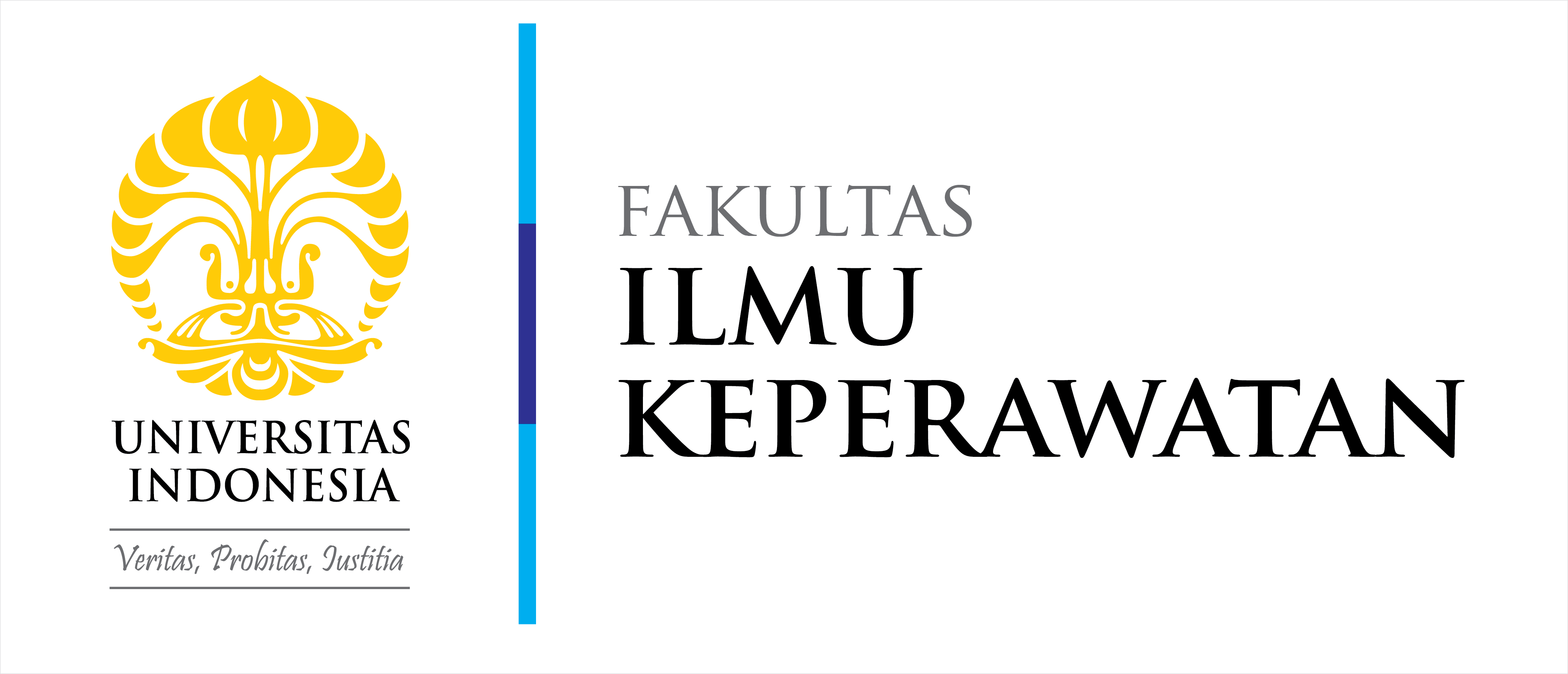According to WHO, non-communicable diseases are diseases that are not transmitted directly from one person to another. Non-communicable diseases can occur due to a number of risk factors such as smoking, lack of exercise, and eating patterns and other lifestyles that are considered unhealthy. According to the Director of Prevention of Non-Communicable Diseases, Cut Putri Arianne, prior to the COVID-19 pandemic, Non-Communicable Diseases (NCDs) were a class of diseases with a fairly high cause of death in Indonesia. In fact, based on the results of the sample presented by the Ministry of Health of the Republic of Indonesia in 2014 on 41,590 individuals, it was found that stroke, cardiovascular disease, diabetes mellitus, and hypertension are the four types of PTM with a high mortality scale. During the Covid-19 pandemic, people with PTM are increasingly difficult to get treatment. The causes include: this disease is a comorbid that makes a person worse if infected with Covid-19, while people with PTM must receive daily therapy to improve their quality of life. Self-awareness of health and the ability to handle PTM requires cadres who are extensions of health workers in the community. Therefore we need an activity that can increase the knowledge of cadres in detecting, preventing, and overcoming PTM during the Covid-19 Pandemic.
Funded by the UI Directorate of Community Service and Empowerment, the FoN UI Community Service Team held an activity to Optimize the Role of Cadres to Overcome Non-Communicable Diseases During the Covid 19 Pandemic in Banyubiru and Sukarame Villages, Pandeglang Regency, Banten. This activity was chaired by Dr. Tuti Nuraini, S. Kp., M. Biomed. as a lecturer at the Faculty of Nursing, University of Indonesia (FoN UI) and assisted by several teams of UI lecturers, namely; Ice Yulia Wardani S.Kp., M.Kep., Sp. Kep.J., Poppy Fitriyani S.Kp., M.Kep., Sp.Kep.Kom., Dr. Retno Lestari, SSi, MSi, and 10 FoN UI students. Activities are carried out using Health protocols, namely wearing PPE (Personal Protective Equipment), maintaining distance, and washing hands frequently.
This activity, which was held on 27 – 28 November 2020, aims to increase public awareness through cadres about the importance of health, especially to prevent and overcome PTM.
The FoN UI team conducted regeneration for residents of Sukarame Village and Banyubiru Village Hall, Pandeglang Regency, Banten. Cadreization that focuses on early detection that must be carried out by the community and appropriate treatment for non-communicable diseases such as cancer, hypertension, and diabetes mellitus.
“On this occasion we conducted counseling, as well as health checks for the cadres who were present. These examinations include checking blood sugar and uric acid levels, blood pressure, and weight and height. The results of checking blood pressure on 41 cadres showed that 67% had hypertension with an average blood pressure of 139/88 mm Hg,” said Tuti Nuraini.
“Based on the results of our interviews with cadres, the treasurer of the cadres died last month due to hypertension. In this activity, the FoN UI Team also provided scales, meters to measure height, and tools to measure blood pressure digitally. Cadres are taught and can take their own blood pressure measurements.” He continued
In addition to providing education about non-communicable diseases, the community service team conducted counseling about COVID-19. Community groups are the main and strongest component in breaking the chain of the spread of COVID-19. Training on how to wash hands properly and correctly is one of the basic things in providing education to the cadres who attend.




